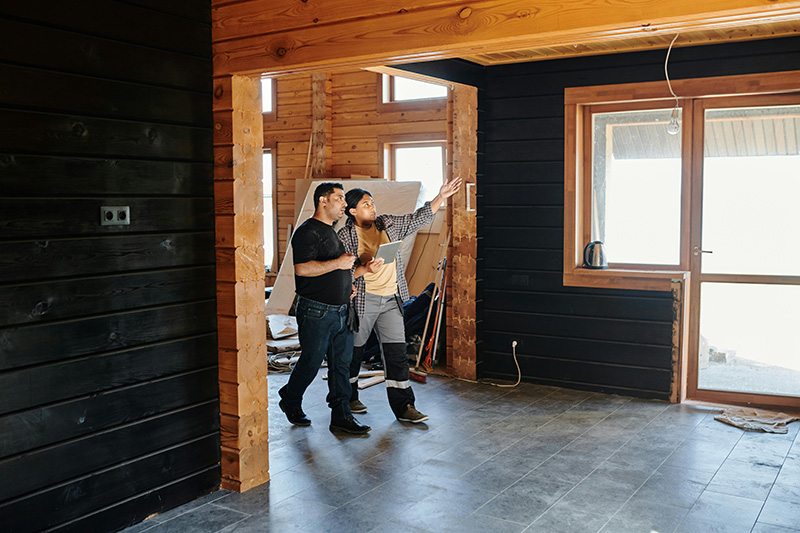 No deposit mortgage loans can sound appealing to buyers who want to purchase a home without spending years saving for a down payment. While these loans offer clear advantages, they also come with risks and responsibilities that every buyer should consider before moving forward.
No deposit mortgage loans can sound appealing to buyers who want to purchase a home without spending years saving for a down payment. While these loans offer clear advantages, they also come with risks and responsibilities that every buyer should consider before moving forward.
Understanding No Deposit Loans
A no deposit mortgage allows a buyer to purchase a home without providing money upfront. Instead of saving for a traditional down payment, the full loan amount is financed through the lender. This option is often used by first time buyers or borrowers who have strong income but limited savings.
Pros of No Deposit Loans
The biggest benefit is easy entry into homeownership. Without a down payment, you can purchase sooner instead of waiting for savings to grow. This is helpful in markets where home prices rise quickly. Another advantage is the ability to keep your cash available for emergencies, furniture, or moving costs. Saving time is also a major benefit, as it often takes years to gather a traditional down payment.
More Pros to Consider
Some lenders offer flexible qualification options, making it easier for buyers with strong credit and stable income to get approved. For families or individuals with short timelines, such as relocations or life changes, no deposit options can create immediate stability.
Cons of No Deposit Loans
One challenge is higher monthly payments. Since you are borrowing the full amount, the loan balance is larger, and the payment reflects that. Borrowers may also face higher interest rates compared to traditional loans. Another risk is that you start with zero equity. If home values drop shortly after closing, you could owe more than the home is worth.
More Cons to Keep in Mind
Lenders may require additional fees or mortgage insurance to offset the higher risk. This adds to your long-term cost. Borrowers must also be prepared for stricter qualification standards, as lenders want to feel confident about approving a full balance loan.
Deciding If a No Deposit Loan Is Right for You
No deposit mortgage loans can open the door to homeownership, but they are not ideal for everyone. The best choice depends on your income, credit strength, financial comfort level, and long-term plans. A careful review of your full financial picture can help you decide whether this option supports your goals.
 Does your home feel like it’s starting to burst at the seams? Many homeowners across the country can relate to this feeling having bought a home only to run out of space due to a growing family or for other reasons. Let’s take a quick look at a few questions that will help you to determine whether buying a new home or expanding your current home is the best choice when you’re in need of some extra space.
Does your home feel like it’s starting to burst at the seams? Many homeowners across the country can relate to this feeling having bought a home only to run out of space due to a growing family or for other reasons. Let’s take a quick look at a few questions that will help you to determine whether buying a new home or expanding your current home is the best choice when you’re in need of some extra space.